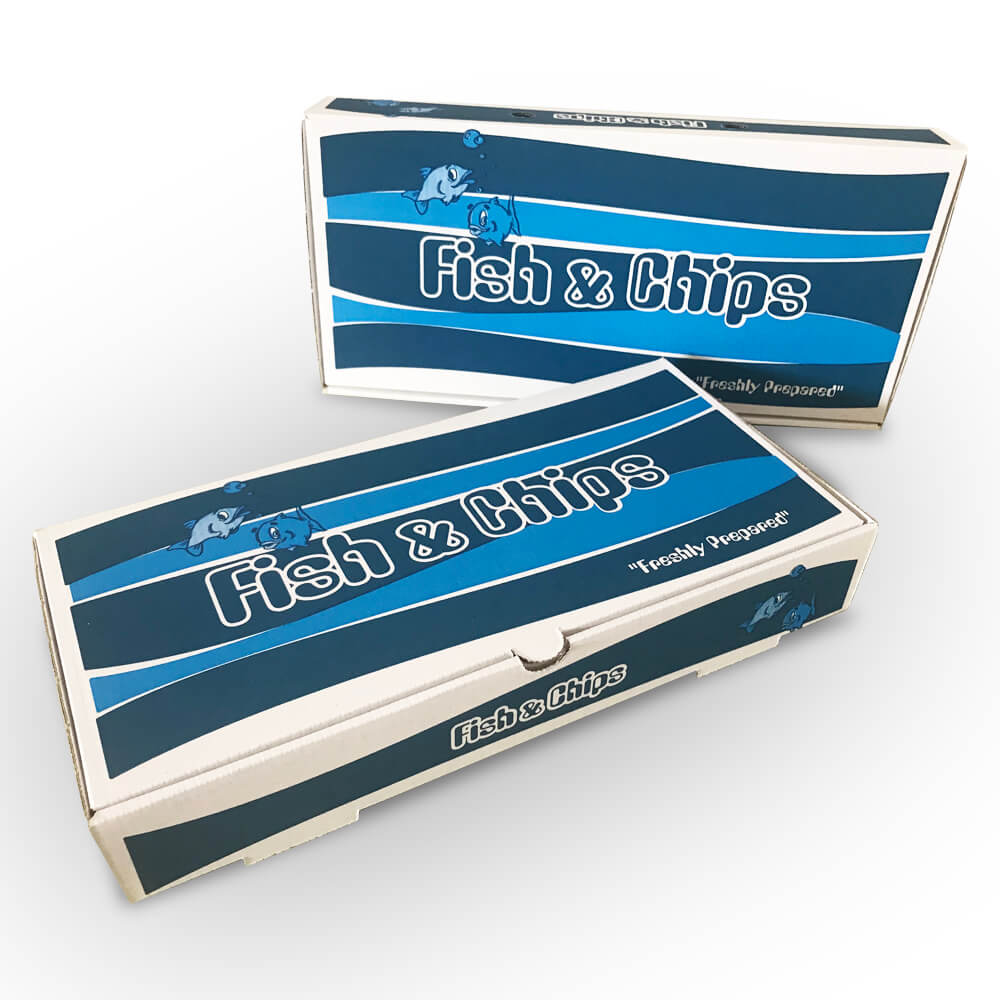The Importance of Personalized Paper Tags in Modern Branding
In a world where products are often indistinguishable from one another, personalized paper tags have emerged as a powerful tool for enhancing brand identity and customer engagement. These seemingly small details can have a significant impact on how a brand is perceived and can influence consumer decisions in meaningful ways.
The Role of Personalization
Personalization is at the heart of the modern consumer experience. Shoppers today crave authenticity and connection with the brands they support. Personalized paper tags allow businesses, whether large or small, to communicate their unique story and values directly to consumers. These tags can include the brand's logo, a special message, or even a unique design that resonates with the target audience. By adding a personal touch, brands can create a sense of intimacy that makes customers feel valued.
Enhancing Brand Recognition
One of the key advantages of using personalized paper tags is their ability to enhance brand recognition. In a marketplace overflowing with options, a distinctive tag can help products stand out on the shelves. Imagine a beautifully designed paper tag that catches a shopper's eye, prompting them to pick up the product and examine it further. This first impression is crucial, as it lays the groundwork for a potential purchase. Moreover, consistent use of personalized tags across various products helps reinforce brand identity, making it easier for consumers to recognize and remember the brand.
Crafting an Emotional Connection
personalised paper tags

Personalized paper tags can evoke emotions and tell a story. When a customer unboxes a product adorned with a thoughtfully crafted tag, they are not just receiving an item; they are experiencing a narrative. For instance, a handmade artisan product may come with a tag that details the creator's journey, the inspiration behind the product, or the materials used in its production. This storytelling aspect creates a deeper emotional connection with the consumer, fostering loyalty and encouraging repeat purchases. When customers feel connected to a brand's story, they are more likely to advocate for it and share their experiences with others.
Sustainability and Ethical Considerations
In today's conscious consumer landscape, sustainability plays a significant role in purchasing decisions. Personalized paper tags can also be designed with eco-friendliness in mind. Brands that utilize recycled paper for their tags, or those that implement minimalistic designs to reduce waste, can appeal to environmentally-conscious consumers. By demonstrating a commitment to sustainability, brands can bolster their reputation and align themselves with the values of their target audience.
Practical Applications
The versatility of personalized paper tags allows them to be used across various sectors, including fashion, food, and handmade crafts. In the fashion industry, tags can provide essential information about clothing care, while also featuring brand design elements. In the food sector, tags can highlight ingredients, nutritional information, or sourcing practices, thereby informing and reassuring consumers about their choices. For handcrafted goods, a tag can enhance the uniqueness of the product, adding value through personal touch and craftsmanship.
Conclusion
In summary, personalized paper tags are more than just functional items; they are an integral part of a brand's identity and communication strategy. By enhancing brand recognition, crafting emotional connections with consumers, and embracing sustainability, these tags can significantly influence consumer behavior and brand loyalty. As businesses continue to seek ways to differentiate themselves in a crowded market, investing in personalized paper tags will likely remain a smart and impactful choice. In a world where the small details count, personalized paper tags hold the potential to create lasting impressions and drive business success.



